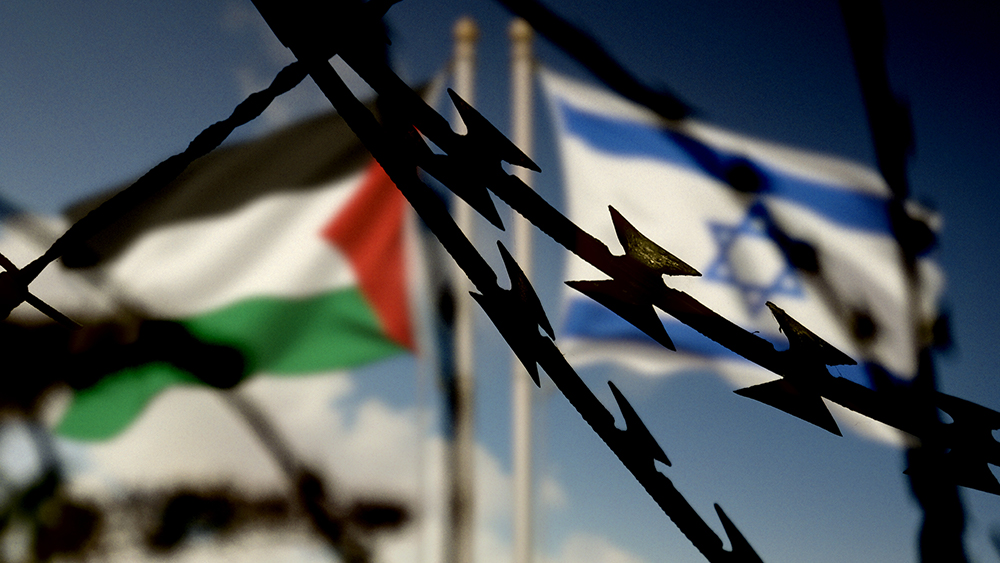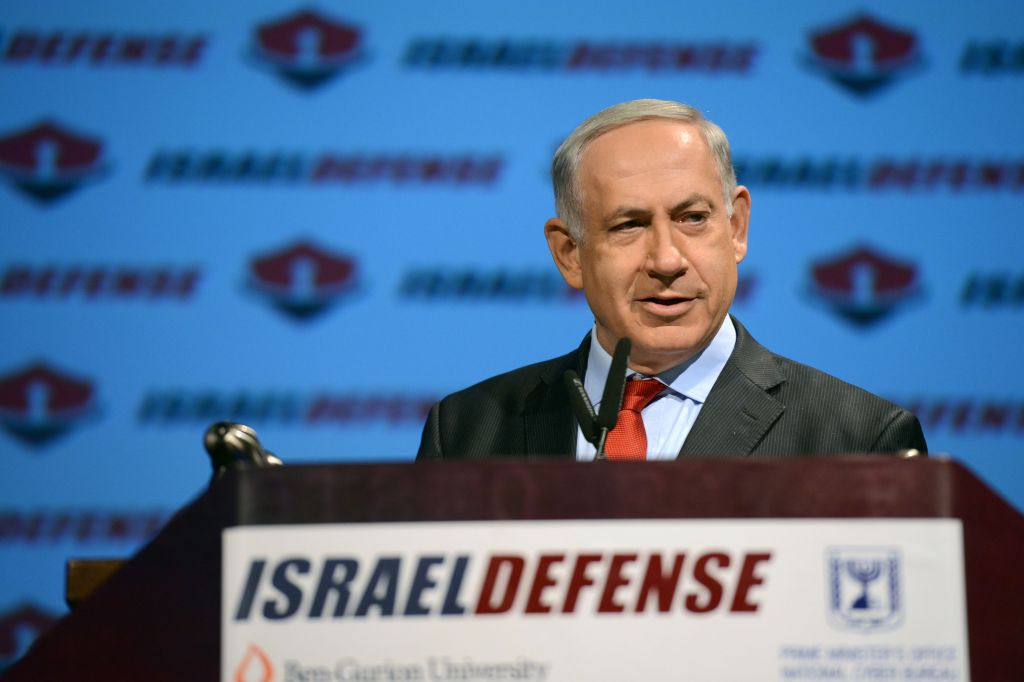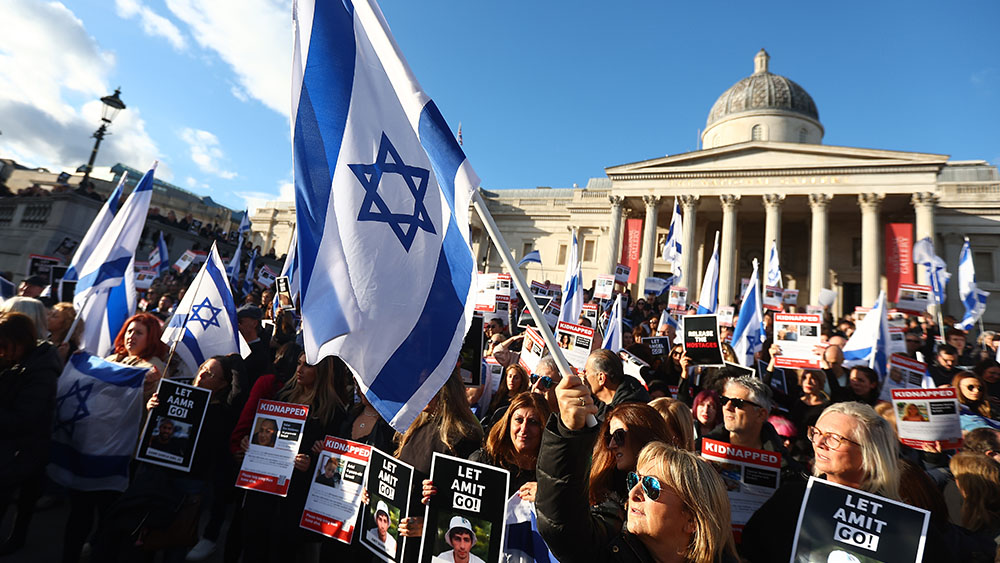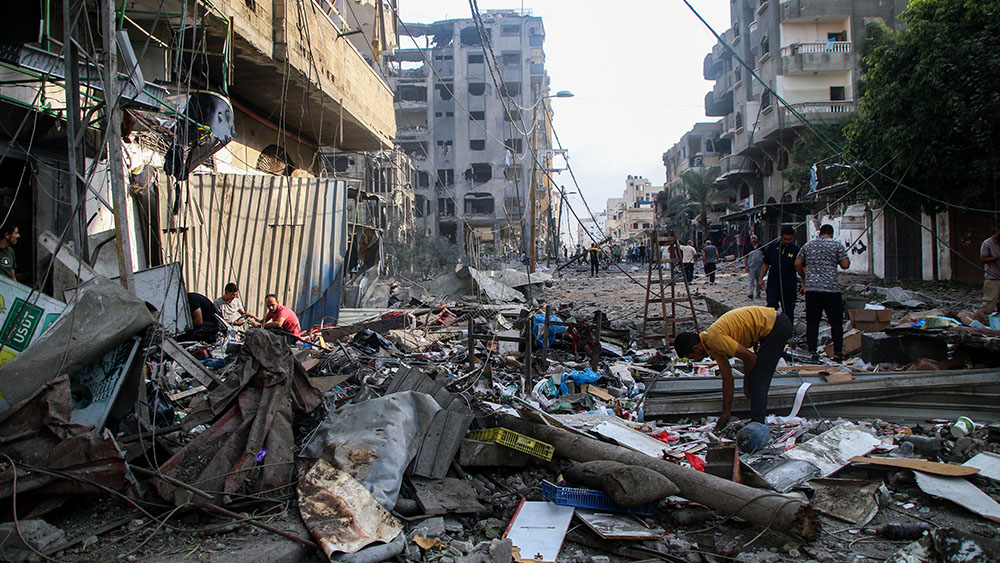Saudi Arabia warns of “catastrophic consequences” if Israel launches INVASION of Gaza
11/01/2023 / By Richard Brown
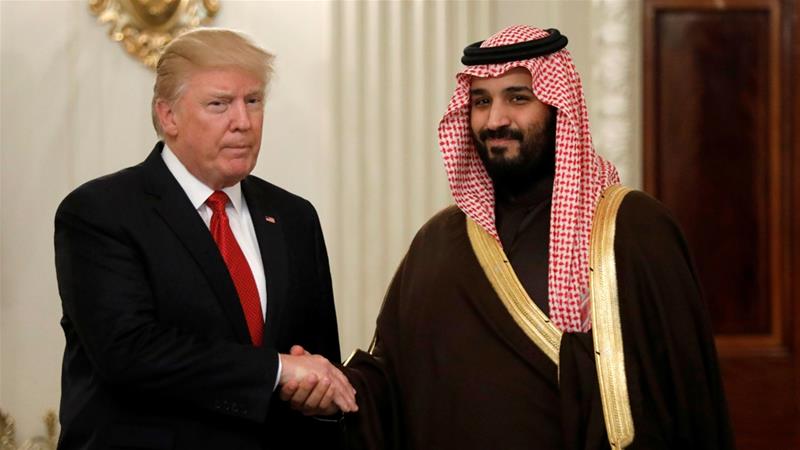
Saudi Arabia has expressed serious concerns regarding Israel’s invasion of the Gaza Strip, warning American officials that such an operation could have catastrophic consequences for the Middle East.
The New York Times reported on the development, citing Sen. Richard Blumenthal (D-CT). The Connecticut senator told the Gray Lady that the kingdom’s leadership, helmed by Crown Prince Mohammed bin Salman, “was hopeful that a ground operation could be avoided for reasons of stability as well as the loss of life.”
Meanwhile, Sen. Lindsey Graham (R-SC) further noted that bin Salman – concurrently the kingdom’s prime minister – aimed to prevent “a longer and deeper conflict” in the Middle East. He and Blumenthal were part of the U.S. delegation that flew to Riyadh in October to meet with the kingdom’s officials.
Bin Salman reiterated these concerns directly to U.S. President Joe Biden during their Oct. 25 conversation, underscoring the importance of avoiding a situation that would impact the security and stability of the region. He also called for a fair and comprehensive peace that safeguards the legitimate rights of Palestinians and urged Israel to lift its blockade of Gaza.
The White House has expressed robust support for Israel following a deadly Hamas attack earlier this month, and it has responded to heightened tensions by deploying military assets throughout the Middle East. U.S. officials have stated that these moves are intended to deter external actors from becoming involved in the Gaza conflict, often citing Iran and affiliated militia groups in Iraq, Syria and Lebanon.
In his discussion with the crown prince, Biden stressed the necessity of preventing the conflict from escalating, considering that state and non-state actors may seek to intervene. (Related: Spread of Israel-Hamas conflict increases risk of WWIII to about 50%, warns hedge fund manager.)
Other Arab leaders have echoed these concerns. At the Cairo Summit for Peace in Egypt, Jordan’s King Abdullah II emphasized the urgent need to work toward a ceasefire, warning of a humanitarian disaster that could push the entire region into turmoil.
Although the Israel Defense Forces (IDF) has thus far postponed a full-scale ground assault on Gaza, Israeli Defense Minister Yoav Gallant has outlined a three-stage plan to eliminate Hamas and establish a new security framework in the Palestinian territory – beginning with airstrikes and followed by ground maneuvers. The IDF has mobilized 360,000 reservists in preparation for the operation and has conducted daily air raids on Gaza for nearly three weeks. The conflict has resulted in a significant loss of life, with over 1,400 Israelis and more than 7,000 Palestinians killed, according to local officials.
MBS assumes pivotal role in Israel-Hamas conflict
Bin Salman, 38, finds himself in a pivotal role amid the ongoing Middle East conflict. He represents a new generation of Gulf state leaders who have not experienced a full-scale conflagration involving Israel. As the conflict unfolds, he must carefully navigate several key factors including the kingdom’s rivalry with Iran, its role in the global oil market, overseas investments and the sentiments of its 32 million citizens.
In an Oct. 18 piece for Reuters, journalist George Hay noted that the Saudi prime minister’s response to these challenges will not only impact his vision for modernizing Saudi Arabia’s economy, but will also have far-reaching implications globally. Saudi Arabia’s potential rapprochement with Israel may have triggered the recent deadly attack by Hamas, which resulted in the loss of over 1,400 lives in Israel.
The prior efforts by Biden to mediate talks between bin Salman and Israeli Prime Minister Benjamin Netanyahu were aimed at normalizing relations between the two countries. This normalization could have been tied to an enhanced security pact with Washington and the potential for Riyadh to develop its nuclear capabilities.
Such developments would have strengthened Sunni Saudi Arabia’s position relative to Shiite Iran, its main regional rival. However, the attack by the Tehran-backed Hamas and Jerusalem’s retaliatory actions have complicated the prospects of such a deal. Saudi Arabia’s significant role in the global oil market gives it a critical say in the unfolding events.
Visit Chaos.news for more stories about the ongoing conflict in the Middle East.
Watch this report about Saudi Arabia criticizing Israeli ground operations.
This video is from the White Knight channel on Brighteon.com.
More related stories:
Is Joe Biden to blame for Hamas terror attacks on Israel? Alex Marlow says YES.
State Department: At least 22 American citizens KILLED (so far) in Israel-Hamas conflict.
Sources include:
Submit a correction >>
Tagged Under:
big government, chaos, Collapse, Dick Blumenthal, foreign relations, Gaza Strip, Hamas, invasion, Israel, Israel-Palestine war, Joe Biden, Lindsey Graham, Middle East, Mohammed bin Salman, national security, Saudi Arabia, terrorism, US delegation, violence, WWIII
This article may contain statements that reflect the opinion of the author
RECENT NEWS & ARTICLES
COPYRIGHT © 2017 TERRORISM NEWS





